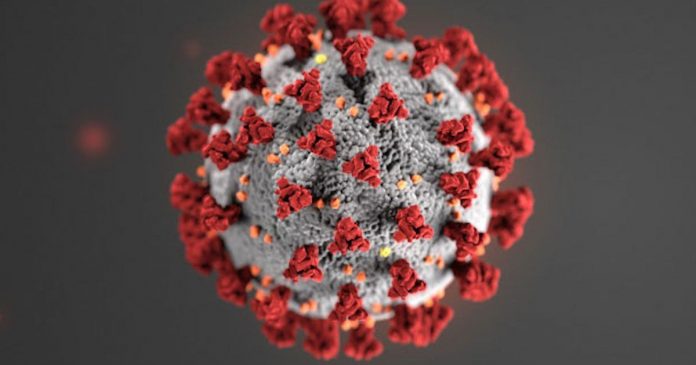COVID-19 cases in Quebec continued to inch up Sunday, with 1,395 new infections. It was the fourth day in a row with more than 1,200 cases.
“This is not good, but there has also not been any sudden or severe upturn since the jump in mid-November,” said McGill University epidemiologist Jay Kaufman.
Quebec has reported 141,038 cases since the start of the pandemic.
Twelve new deaths attributed to the virus were announced Sunday. Of those, four were in the previous 24 hours and eight between Nov. 22 and 27. A total of 7,033 people have died of COVID-19 in Quebec.
A total of 665 people were hospitalized with the virus — 13 fewer than Saturday. Of those, 92 were in intensive care — one fewer than the previous day.
“The number of people in hospital in Quebec does keep steadily inching up, and so I don’t mean to imply that this is a good situation. But compared to much of Europe and the United States, it is not at all extreme,” Kaufman said.
For example, Germany, whose population is about 10 times that of Quebec, has 18,000 cases a day since mid-November, he noted.
“That would correspond to 1,800 cases a day for us, or about 50 per cent more than what we in fact experience. So while I am not happy about our second wave, I am aware that it could be much worse,” he said.
Montreal was once again the region with the most cases, reporting 437 infections — the second day in a row with more than 400 cases.
The number of new cases reported in the city has virtually doubled from the 219 reported Wednesday.
Kaufman said it’s not surprising that with one-third of the province’s population, Montreal has roughly one-third of the cases.
“Keep in mind that in the first wave, Montreal had almost all the Quebec cases and was running more than 800 cases a day in April and May, nearly twice the current rate. So again, I don’t mean to understate the gravity of this second wave, but I also want to emphasize that it is not as intense for us in Montreal as in the first wave, either in cases or in mortality,” he said.
































